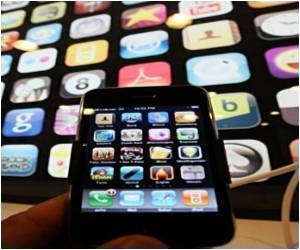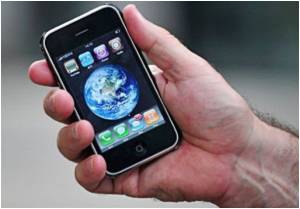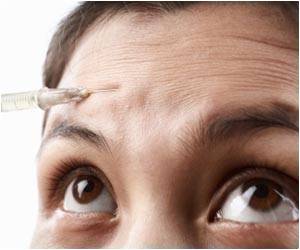According to a study, a crowdsourcing contest to the identification of more than 1,400 automated external defibrillators in public places.

Participants in the MyHeartMap Challenge, conducted over eight weeks during the winter of 2012, used a custom smart phone app to photograph AEDs, catalog their GPS coordinates, and enter information about other details such as the device's location in the building.
Unlike implantable medical devices, AEDs are not subject to Food and Drug Administration regulations that require their manufacturers to track where they're placed after purchase, so the estimated 1 million devices across the United States often go unused during cardiac arrests, when prompt defibrillation is essential to improving the odds of surviving.
The MyHeartMap Challenge findings provide essential data for the Penn Medicine team's efforts to build an AED map that will be accessible both by Philadelphia's 911 operators and by members of the public, who will be able to locate AED locations via a mobile app during cardiac emergencies.
More than 300 individuals and teams participated in the contest, locating 1,429 AEDs in more than 525 buildings across the city. The devices were most commonly found within gyms (19 percent), schools (16 percent), and offices (11 percent). Two winners, who each identified more than 400 AEDs, each received a 9,000-dollar prize.
"Finding AEDs during this contest was a very hard task - many AEDs, we found, are in places people wouldn't think to look during an emergency, or were hard to obtain without special permission from building managers or security personnel," said MyHeartMap Challenge director Raina Merchant, MD, MSHP, an assistant professor of Emergency Medicine and a senior fellow in Penn's Leonard Davis Institute of Health Economics.
The finding will be presented at the American Heart Association's Scientific Sessions 2012.
 MEDINDIA
MEDINDIA




 Email
Email





